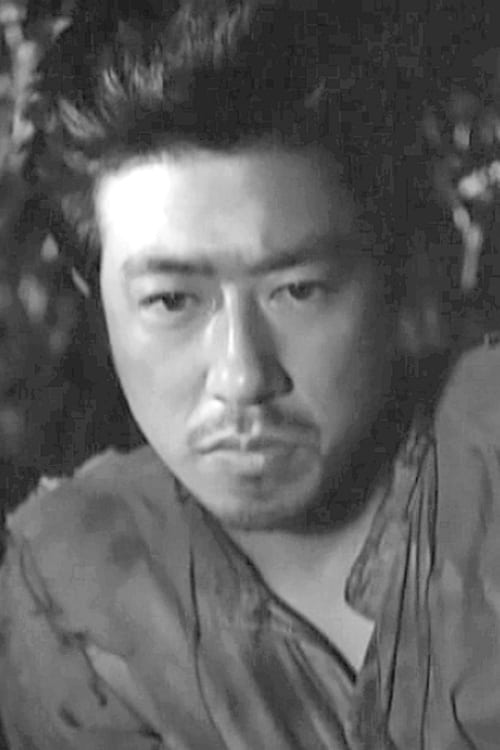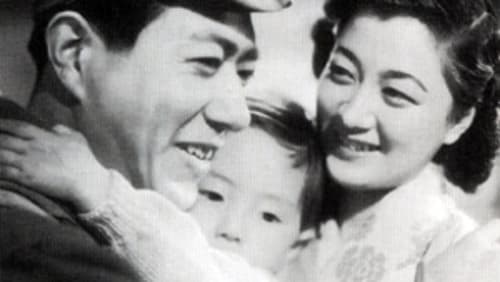Hajime Izu
Birth : 1917-07-06, Tokyo, Tokyo, Japan
Death : 2005-01-01
History
Hajime Izu was born on July 6, 1918 in Japan. He was an actor and writer, known for Onna (1964), Jinzô ningen Kikaidâ (1972) and Nora inu (1949). He died in 2005.
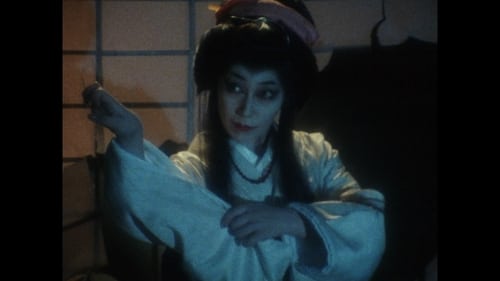
spaghetti director
In the year 198X, a young screenwriter, Ryohei Shimura, has been in a slump lately. Then an opportunity arises. He is asked to write a script for the comeback film of Akiko Ryuzoji, the legendary beauty who was known as Japan's Cleopatra. Ryohei met Akiko right away, but he couldn't believe his eyes. Akiko was young and good-looking, even though she was already an old woman. Ryohei moved into Akiko's house to work on his scenario. A film director, Mizumori, who lives with Akiko at the mansion, warns Ryohei, “Don't sleep with Akiko,” he says. In fact, Ryohei was chosen for the job for a surprising reason...

A middle-aged journalist looking to make her big break. After working the same beat on the "women's page", Yumiko gets promoted to editorials.
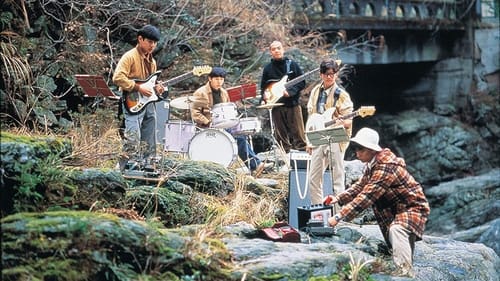
School Principal
It is 1965. High-school student Takeyoshi Fujiwara hears "Pipeline" by the Ventures, and is mesmerized by their unique sound. With three friends, he forms a band called "The Rocking Horsemen." A warm and comic glimpse into high-school and small-town life in Japan in the 60's.
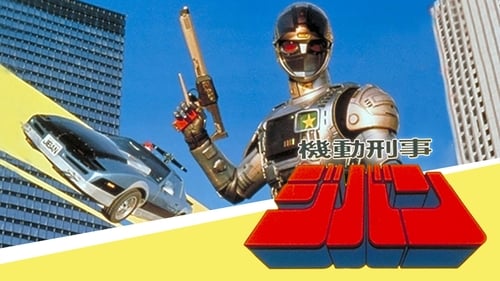
Doctor Kenzo Igarashi
Jiban goes into action to save Yoko and several captured children from Doctor Giba's plot of creating the ultimate lifeform.

Fictionalized account of 20-year-old Noriko Tsuji, a real-life victim of a severe birth defect which afflicted 8,000 Japanese, children whose mothers took the sedative thalidomide during pregnancy. Tsuji has stunted flipper-like arms amputated at the behest of a father who deserted her soon after her birth. Nonetheless, the resourceful Noriko uses her feet to accomplish most of the tasks others would do with their hands.
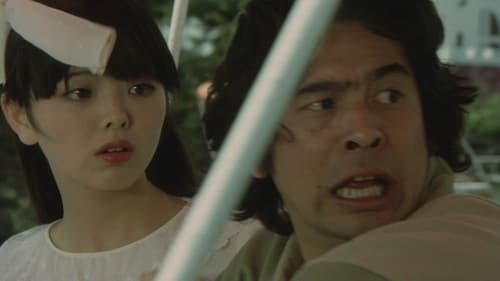
Obayashi’s take on the famous Kosuke Kindaichi series, made popular partly thanks to the numerous movie-adaptions by Kon Ichikawa, the most known being The Inugami Family. Kosuke Kindaichi is the most famous detective in Japan. Kindaichi gets a new case to figure out who has beheaded a valuable statue and made off with its head.

Dr. Komyoji
Professor Gill has created a machine that lets him restore destroyed robots. This machine is used to recreate all of the destructroids that had been destroyed by Kikaider. Kikaider is forced to destroy them all once again, and a new Destructoid Multi-Colored Sand Lizard.

Dr. Daidōji
Professor Daidōji has developed a gravity machine called the GX Device. Unfortunately, Shocker wants it; so they attack the professor and destroy his laboratory, but come home empty-handed. Shocker's agents find out that the plans for the GX Device are with Daidōji's daughter, who is celebrating her birthday. Now the Kamen Riders, along with FBI agent Kazuya Taki, must protect Daidōji's daughter and prevent Shocker from obtaining the plans.
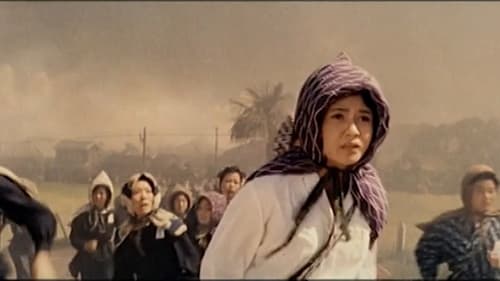
The last fight put up by remaining forces and a special volunteer nursing corps in 1944-5.
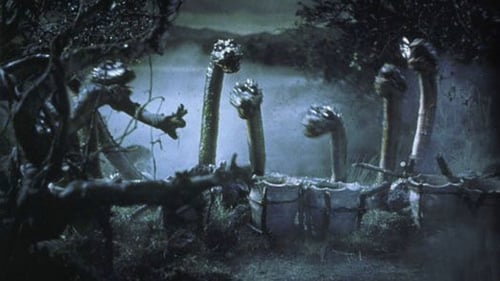
Prince Oousu
The legend of the birth of Shintoism. In Fourth Century Japan, the Emperor's son Ouso expects to succeed his father on the throne, but Otomo, the Emperor's vassal, prefers Ouso's stepbrother, and conspires to have Ouso die on a dangerous mission he has contrived. But Ouso prevails in the mission and returns to his father's castle under a new name, Prince Yamato Takeru. Otomo plots to have the Prince sent into even greater danger, but Otomo is unaware that the gods have favored the Prince and the outcome is far from what any of them expected.

Aiko, a bar hostess, falls for the son of a company president who also keeps a mistress, and whose family disapproves of his relationship with the bar hostess.

Historical drama about a sleepy-eyed ronin.
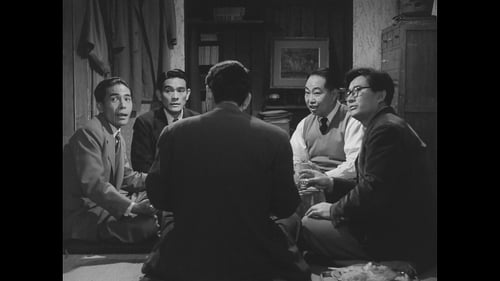
Miwa
A husband and wife's pet peeves and minor irritations escalate into major rifts and animosity.

Portmanteau film about young lovers.
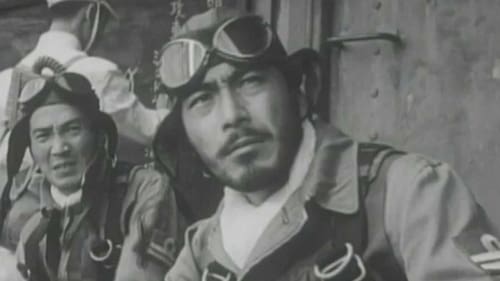
Staff Officer (uncredited)
Admiral Isoroku Yamamoto, a brilliant tactician, is a loyal subject of the emperor, despite his grave misgivings about leading Japan's navy into war with the United States. He opposes the attack on Pearl Harbor, but, overruled, he leads his forces to the best of his ability.

Shinsaburo
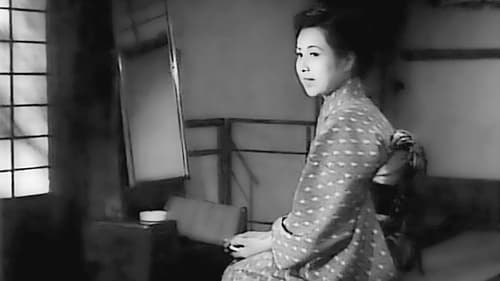
Hirohisa Matsuyama
Ten years into a marriage, the wife is disappointed by the husband's lack of financial success, meaning she has to work and can't treat herself and the husband finds the wife slovenly and mean-spirited: she neither cooks not cleans particularly well and is generally disagreeable. In turn, he alternately ignores her and treats her as a servant. Neither is particularly happy, not helped by their unsatisfactory lodgers. The husband is easily seduced by an ex-colleague, a widow with a small child who needs some security, and considers leaving his wife.

Ryosuke Tanabe
Young Setsuko Fujino begins a new job at Tokyo Chemical Company. She likes her boss, Ippei Hitachi, and enjoys serving him tea, despite the fact that her fellow workers think the women employees should not have to act in such a servile manner. When the women go on strike over the issue, Setsuko finds herself caught in the middle. When the heir to the company, Ryosuke Tanabe, proposes marriage to Setsuko, she is honored, but realizes that her real affection is for Hitachi.

Kazuo Machida
Office worker comedy by Nobuo Nakagawa

Gon
Directorial debut by Umetsugu Inoue, the famous director of Musicals

Once an average and seemingly ordinary Tokyo girl, she suddenly finds herself as a TV star owing to her discovery by a casting company, which noticed photographs that her cousin had sent. When another actress falls ill she is given the role instead. Her first film is a success propelling the young actress to popularity, her own fans, money and a house. While everything looks dandy from the outside not all is well within the family however.

Kakuzo Ono
When a group of young geologists declares a mountainside marked for residential development unstable, they are met with scorn on two fronts. On one end, they must contend with the local villagers who balk at the prospect of relocation; on the other, they face the ambitions of the headstrong lumber baron, whose actions will only further destabilize the land. Their pleas for reason ignored, the scientists can do little but observe as nature runs its inevitable course.

Mr. Inu
Melodrama by Kon Ichikawa

Ito

A young lord joins gang of Robin-esque robbers.

Directed by Senkichi Taniguchi

A romantic melodrama about the shifting relationship between Ryosuke and Miki as their precarious employment and social circumstances shift around them.

Ryosuke
A romantic melodrama about the shifting relationship between Ryosuke and Miki as their precarious employment and social circumstances shift around them.

This film is strongly anti-war film. The film is based on the collection of writings by Japanese student soldiers who died during World War II. The film is located to Burma. It shows the everyday problems of soldiers in contrast of their ideas and the cynicism of their commanders. Soldiers are also victims of military bullying by their commanders.
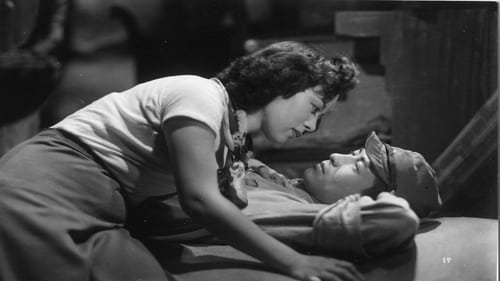
Oda
Mikami, a Japanese soldier, is captured by Chinese forces. Although able to escape, he is treated with contempt by his peers. After falling in love with a prostitute named Harumi, she convinces him to desert the army and live with her. Directed by Senkichi Taniguchi with a screenplay by Taniguchi and Akira Kurosawa and assistant direction by Ishiro Honda. Kurosawa's final credit as a screenwriter was removed from initial release due to various rewrites.
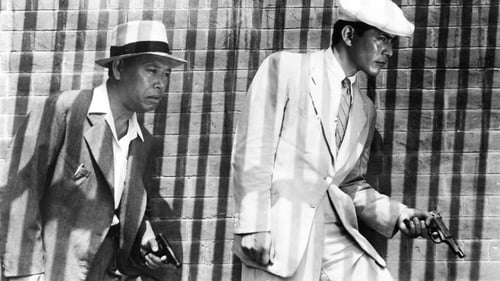
Criminal Identification Officer
A bad day gets worse for young detective Murakami when a pickpocket steals his gun on a hot, crowded bus. Desperate to right the wrong, he goes undercover, scavenging Tokyo’s sweltering streets for the stray dog whose desperation has led him to a life of crime. With each step, cop and criminal’s lives become more intertwined and the investigation becomes an examination of Murakami’s own dark side.

Gen-Chan
Continuation of The Blue Mountains: Part I. Released a week later.

Gen-Chan
Teacher Yukiko finds herself in opposition to conservative faculty and villagers after defending a student for being in a relationship with a young man from Tokyo.
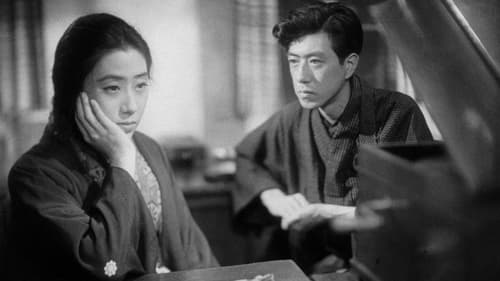
Tetsuo Mizushima
Sumako, a country girl, becomes a great actress with the help of Hogetsu,a scholar who brought some of European realism to the Japan's stage. The relationship leads to the end of his marriage and the breakup of his Arts Society. This is another version of Kenji Mizoguchi's film "The Love of Sumako the Actress" ("Joyû Sumako no koi"), from the same year. Both tells the story of the famous actress Sumako Mitsui (1886-1919), considered the first great modern theater actress in Japan. Mizoguchi himself is said to have preferred Kinugasa's version.
